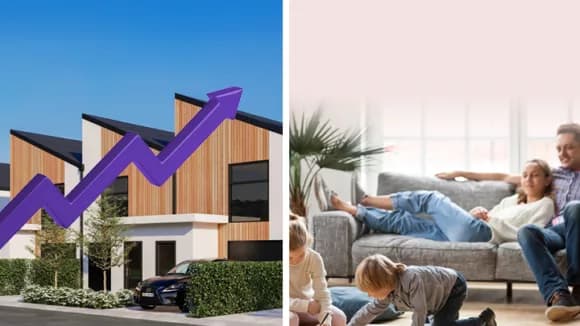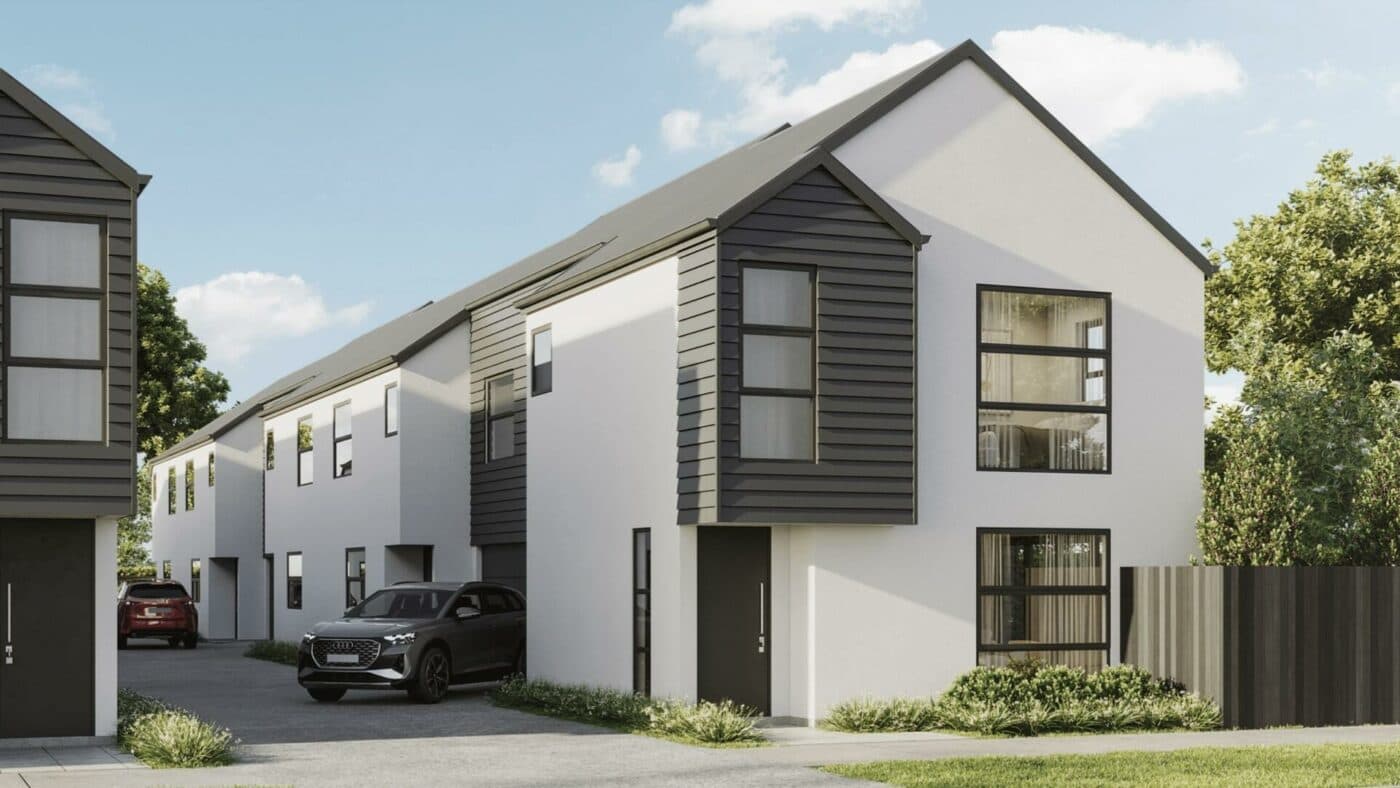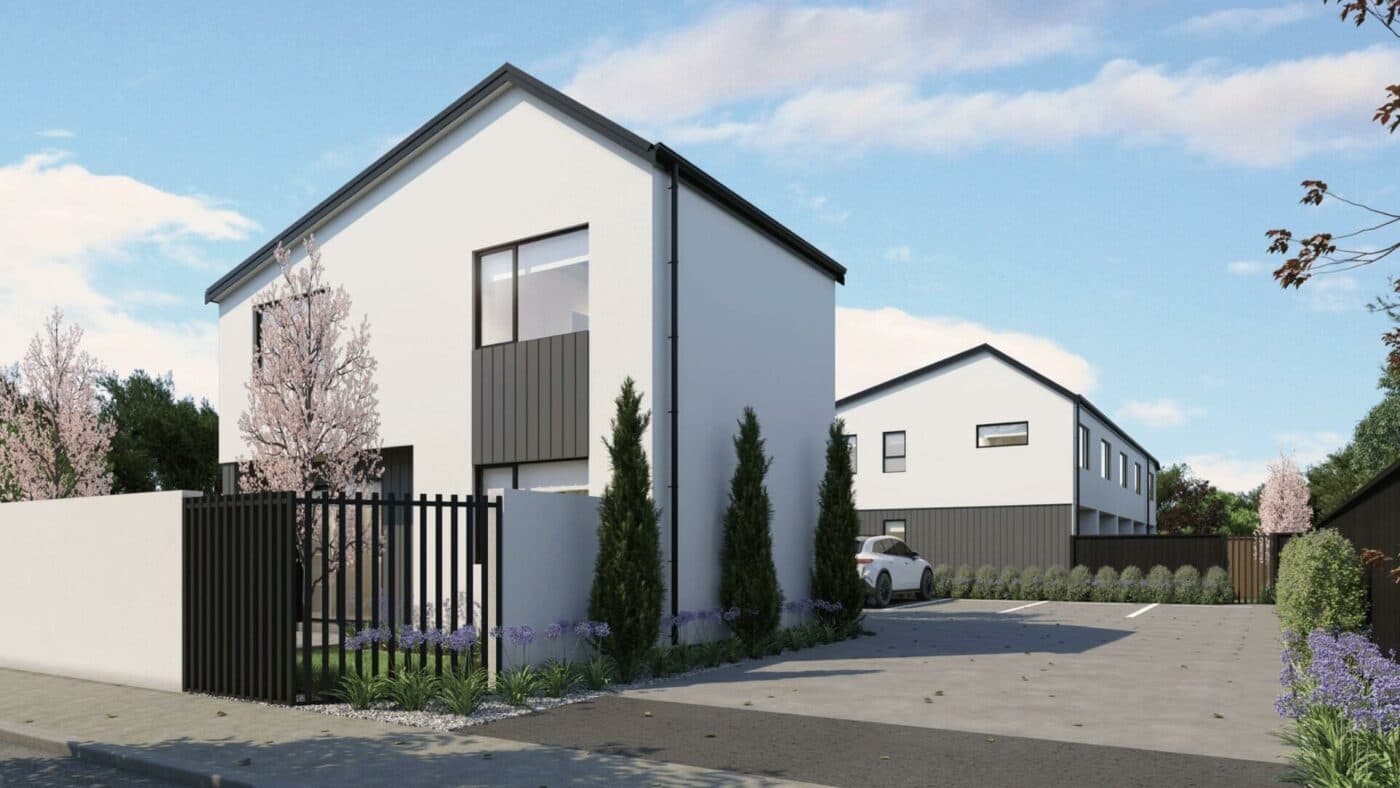
Property Investment
Property Investment
7 min read

Author: Laine Moger
Journalist and Property Educator, holds a Bachelor of Communication (Honours) from Massey University.
Reviewed by: Ed McKnight
Resident Economist, with a GradDipEcon and over five years at Opes Partners, is a trusted contributor to NZ Property Investor, Informed Investor, Stuff, Business Desk, and OneRoof.
One of the biggest mistakes investors make is thinking like a homeowner.
And that makes sense. Most of us have only bought a home to live in, so it’s easy to look at investment properties as if you’re buying it for yourself.
But here’s the truth. When you look at investment properties what’s more important? That it’s a good property, or that it’s a good investment?
If you answered “good investment” this article is for you. You’ll learn the 5 property features that matter to homeowners, but that shouldn’t matter to investors.
To be fair, it’s not that these factors don’t matter at all, but they shouldn’t be at the top of your priority list.
A homeowner wants to find a property that suits them. When you look for a home to live in, you’ll usually stay for 7 years or so.
So, picking a property is a long-term decision based on your preferences and future plans.
You might spend more money to get a larger house, just in case you have a baby.
Or you might buy something with a granny flat, just in case a parent wants to live there in future.
Investors look at property through a different lens. They think about which property will give the best return, in terms of rent and capital gains.
It means they don’t look for properties they want live in. Instead, they take a cold hard look at the numbers.
That’s the mindset we’re trying to adopt. With that in mind, here are 5 features investors shouldn’t have at the top of their priority list.
People looking for their forever home care about sunlight.
Many would-be property investors worry about a lack of sunlight. They think that unless a property faces north, it won’t go up in value. That’s usually not based on anything other than gut feeling.
Let’s be clear: no investor wants a dark, dingy property that no tenant wants to rent.
So, I’m not saying buy the dingiest property possible. But, where should it be on your priority list?
It’s true; properties with more sunlight are more valuable. That’s according to Motu, an economic research agency. Their research shows that every extra hour of sunlight adds 2.4% of value to a property.
So, properties with more sunlight are more expensive. You’ll pay more to buy them.
But this study doesn’t say that properties with more sunlight double in value faster.
So you’ll pay more for that upfront, and you’ll sell the property for more money.
But the return on your investment isn’t any higher. This means your property is unlikely to be a better investment just because it gets a bit more sun.

Some investors worry about buying a property next to (or near) a Kāinga Ora house. They worry there may be anti-social behaviour from neighbouring tenants.
It’s easy to stigmatise social housing tenants, but not everyone who relies on social housing is a degenerate. They come from all walks of life. They may be a single mother who’s going through a tough time, or someone in a wheelchair who struggles to find work.
The truth is that Kāinga Ora houses are everywhere. They make up about 10% of the rental market.
For instance, there are 67,000 rentals owned by Kāinga Ora. And since about 40% of houses in Auckland are rentals, about 1 in 25 houses are owned (or rented) by KO.
In fact, you may already live on the same street as a Kāinga Ora property and not know it.
So we need to put this in perspective. Some social housing tenants have social problems, and that's the same for any other tenants and homeowners.
We haven’t found research that shows properties near KO houses go up in value more slowly.
Sometimes the best investment property isn’t very big.
Overall, homeowners have more money than tenants. That’s especially true if you’re considering investing in property on top of owning your own home.
So, it’s likely you’re used to living in a bigger house than some of the investment properties you'll look at.
Remember, the primary person living in that property is the tenant. Because tenants are price sensitive, they’re willing to compromise on property size.
The three things tenants want are:
And some smaller properties like townhouses don’t go up in value slower than larger ones.
So, sometimes buying a more affordable property will serve you better. It’s possible to spend less, but get the same return on your investment.
Many Kiwis think a property in a “good school” zone will be a better investment.
The train of thought is: “I’ll buy in a good school zone because it’ll be more highly sought after, so it’ll go up in value much faster”.
And, yes, buying in a good school zone will make your property more expensive.
But it won’t have a significant impact on the long-term capital growth. It likely won’t double in value faster.
We’ve found this in Auckland, Christchurch and Wellington.
On top of that, properties in good school zones don’t sell any faster, or attract a premium rental yield.
So again, it’s one of the things you may pay for, but don’t get an outsized return from.
Tenants care about storage. Everyone needs enough space to store their stuff.
But tenants don’t typically need as much space as homeowners.
Here’s a true story to demonstrate what I mean.
I was talking to an investor. They were looking at a 3-bedroom townhouse with a car-park.
With a straight face they asked: “But where will the tenant store their jet ski?”
The answer is – most tenants don’t have jet skis.
Some homeowners pack their garages with toys, bikes, and boats.
Generally, tenants don’t have these. They’re at a different stage of life so their storage needs are different. Although if you’re looking at New Build, remember they usually have more storage than you think.
For example, modern kitchens are designed to maximise the amount of storage available. There are often cupboards above the sink, below the sink, and below the kitchen island.
This isn’t always immediately obvious when looking at a floor plan.
I hear you. There are some people who think: “If I can afford to pay a little extra for some nice-to-haves … why shouldn’t I?”
There are two main reasons –
The more features you add to a property, the more expensive it will be.
Higher priced properties tend to have lower yields.
All these extra features make your property more expensive, but they can decrease the return you get.
A more expensive property fetches a slightly higher rent, but it’s often not enough to make it worth the extra spend.

Here’s the other harm. You go after all these features and spend more money, but then you’ve got one expensive property rather than a couple of affordable ones.
That can make it harder to diversify your portfolio, so you’re stuck with a lot of money invested in one property market.
For instance, we worked with one investor who was looking at investment properties.
Then went on holiday to Wanaka and ended up spending $1.4 million on an investment property there. No doubt, it’s a beautiful home. But the owner now has a large mortgage with a poor rental return.
The issue is that they now have one property in Wanaka rather than two properties in different parts of the country. That means they’ve missed out on the opportunity to spread their risk.
The key message isn’t to buy a property:
The point is to ask “where should these be on your priority list?”
And before you consider any of these factors, you’ve got to first ask yourself:
These other factors can distract you from making a good investment decision.
Journalist and Property Educator, holds a Bachelor of Communication (Honours) from Massey University.
Laine Moger, a seasoned Journalist and Property Educator holds a Bachelor of Communications (Honours) from Massey University and a Diploma of Journalism from the London School of Journalism. She has been an integral part of the Opes team for four years, crafting content for our website, newsletter, and external columns, as well as contributing to Informed Investor and NZ Property Investor.
This article is for your general information. It’s not financial advice. See here for details about our Financial Advice Provider Disclosure. So Opes isn’t telling you what to do with your own money.
We’ve made every effort to make sure the information is accurate. But we occasionally get the odd fact wrong. Make sure you do your own research or talk to a financial adviser before making any investment decisions.
You might like to use us or another financial adviser